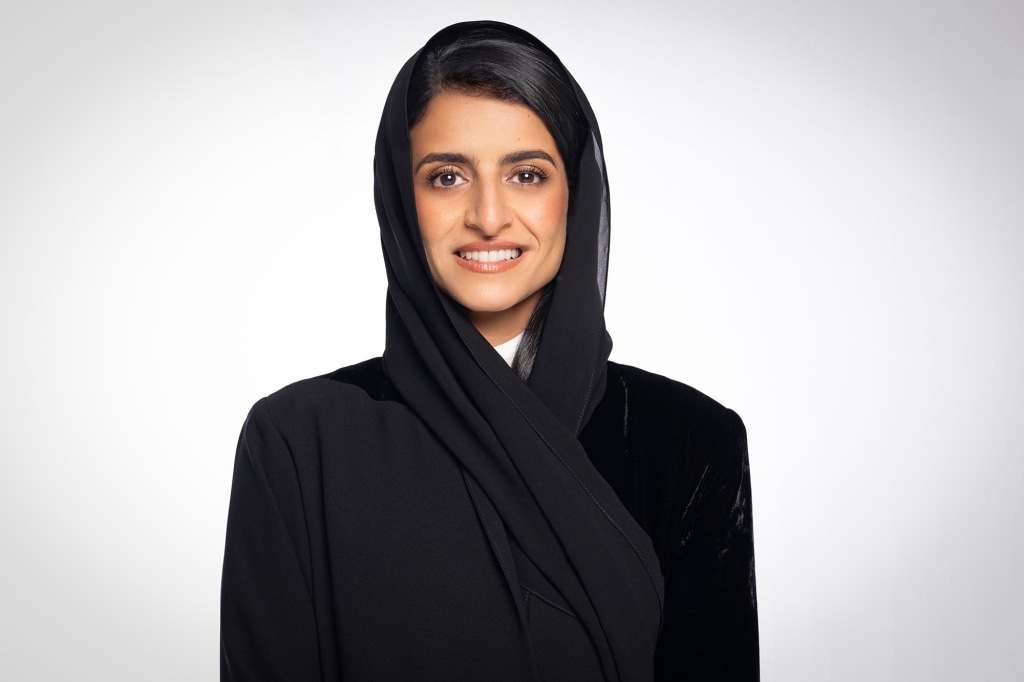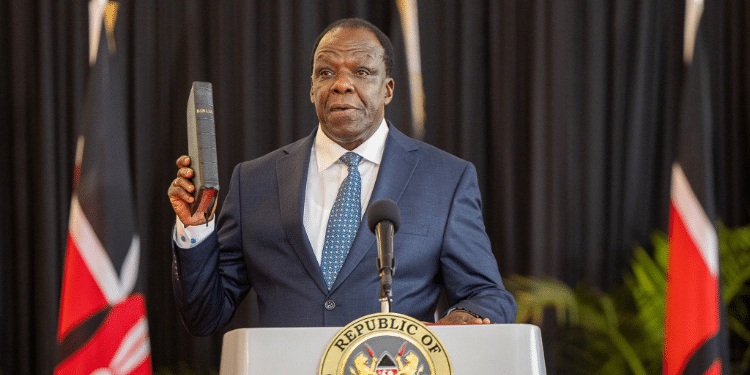Regenerating Tourism: How Africa Can Lead the World in Sustainable Growth

When Shaikha Al Nowais became the first Emirati, and the first woman, elected Secretary-General of the United Nations World Tourism Organization (UN Tourism), it was more than a symbolic breakthrough. Her victory offers Africa a chance to reshape how the global tourism economy is governed.
During her campaign, Al Nowais made a bold call to “reposition Africa not just as a destination but as a driver of the global tourism agenda.” She rooted her platform in digital inclusion, equity, and regeneration, making it clear that Africa’s future is not to be managed from the outside but co-authored from within.
“Africa deserves not only to benefit from tourism, but to lead in shaping its governance,” she said. “I see Africa as a market and as a movement rich in solutions, knowledge, and leadership.”
Digital Innovation Meets Cultural Wealth
Africa’s emerging digital innovation ecosystem has significant potential for growth. Combining this potential with its growing tourism could take the continent to the summit. Countries like Kenya already have a reputation as a top safari destination, but under Al Nowais’s agenda, the story could be very different. She has argued that “Africa’s young people are already digital leaders. What they need now is access to infrastructure, funding, and global visibility.”
With more than 70 percent of Sub-Saharan Africa’s population under 30, Kenya is well-positioned to harness digital tourism platforms, booking apps, virtual tours, and mobile payments to elevate local entrepreneurs and community-based tourism. Nairobi’s thriving tech ecosystem could become a hub for the UNWTO’s proposed regional innovation labs, giving small operators and artisans access to training, AI tools, and global markets.
Challenges driven by overtourism and climate change are mounting around the world, in Kenya the Maasai Mara, Amboseli, and the coast deserve our greatest protection. Al Nowais’s call for regenerative tourism, “Regeneration, not just growth, must be our North Star,” resonates deeply. For Kenya, that means measuring success by community benefit and ecological restoration, not only by visitor numbers.
Al Nowais has identified her mandate as being about “listening, co-creating, and delivering.” She is urging a system where local values and leadership define the narrative. She cited the EU’s Spaces of Culture 2025 as a model of “strategic storytelling” that can deepen impact. Africa has both the creative industries and the entrepreneurial talent to anchor similar initiatives on the continent.
A Continental Moment
Al Nowais’s agenda aligns closely with African Union priorities on youth empowerment, digital transformation, and climate resilience. By linking tourism with climate adaptation, she is bridging gaps often sidelined in policy debates.
She has argued that digital infrastructure is “not a luxury, it’s a human right.” For Africa, that is an opportunity. Investment in digital tools for tourism could build more resilient economies, create jobs, and offer new pathways for young people from Cape Town to Kisumu.
The Way Forward
For Africa, Al Nowais is committed to driving her mandate on three key priorities:
- Invest in youth-driven digital tourism. Harness local tech talent to create platforms that give artisans, guides, and small operators global reach.
- Embed regenerative principles. Ensure national parks, coastal zones, and cultural sites are not just protected but restored, with communities at the heart of benefit-sharing.
- Tell Africa’s own story. Build ecosystems of filmmakers, writers, musicians, and local entrepreneurs to reframe the global narrative of African tourism.
Al Nowais has promised reform, and Africa can step up to shape the agenda. As she put it: “Africa is not just a destination. It is the future of global tourism, and I intend to help the world see that.”
If Africa seizes this opening, they can turn tourism into a foundation for continent-wide inclusive, sustainable growth.



